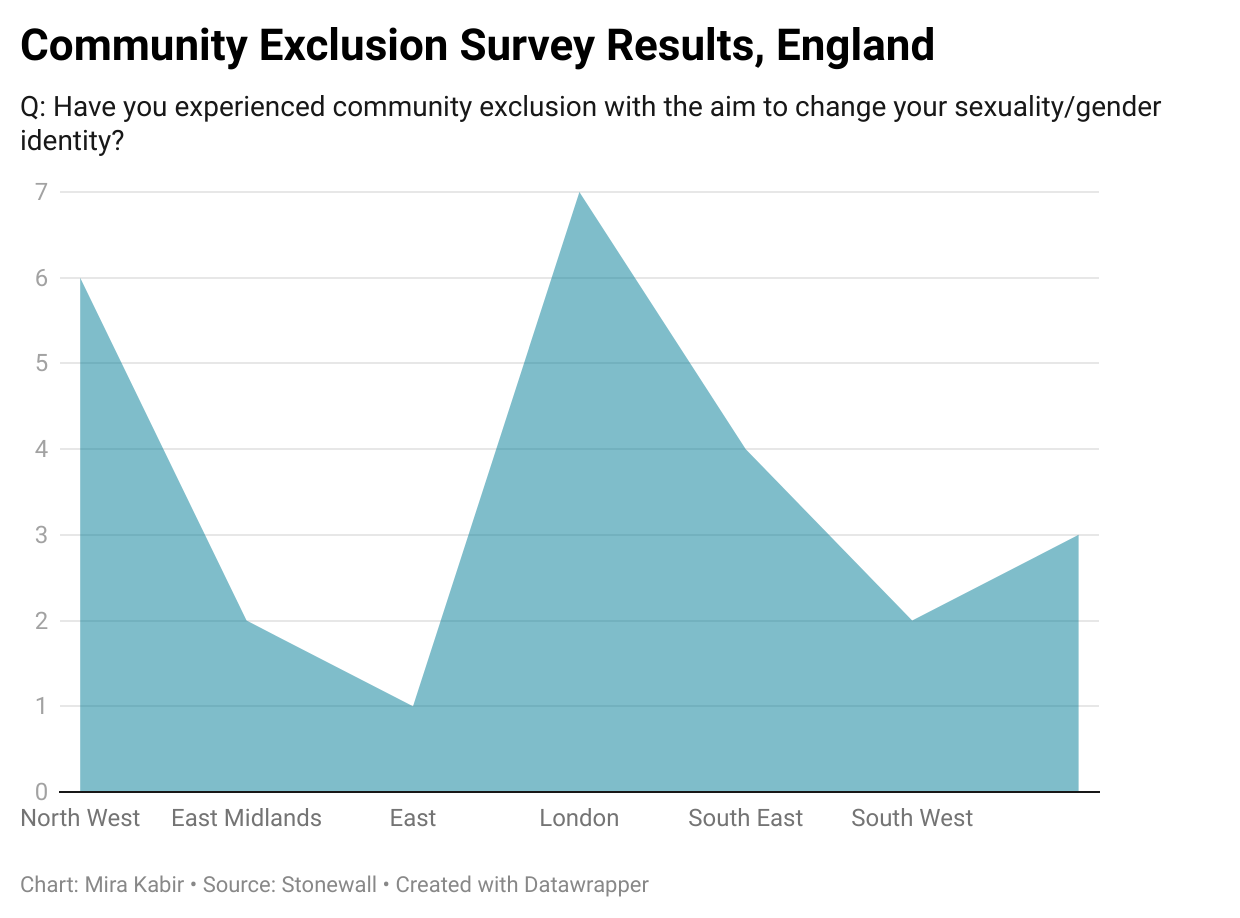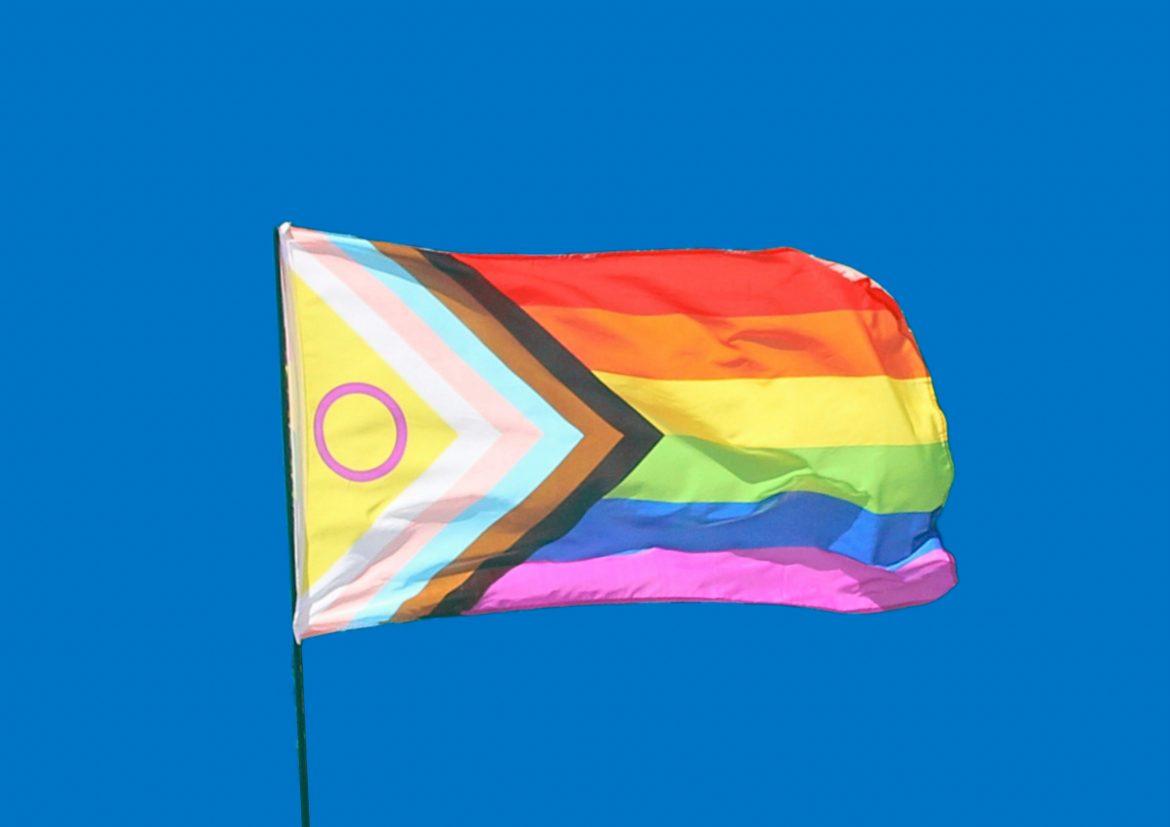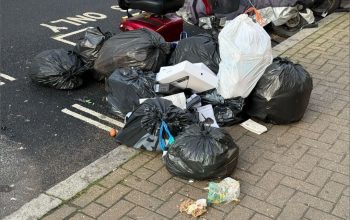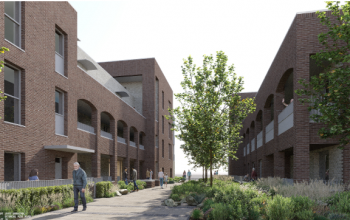A survey conducted this year by the UK’s leading LGBTQ+ charity Stonewall has shown the number of active conversion practices in London and across the UK.
The highest number of people who have reported that they have been excluded from family, social or community activity because of their sexuality or gender identity was in London.
Stonewall characterises conversion practices as “any interventions that seek to change, ‘cure’ or suppress someone’s sexual orientation or gender identity”.
Community exclusion is an example of conversion practice, as well as physical assault, pseudo-scientific counselling, prayer as a form of healing, ‘corrective rape’ and exorcism.
Stonewall said: “This new data comes as the UK Government has committed to publishing a long-awaited draft Bill for a fully inclusive ban on conversion practices this spring.
“Our new survey findings reveal the pernicious impact of conversion practices on LGBTQ+ people in Great Britain. The data indicates that these practices remain widespread.”
AJ Lumley, a transgender man who has recently moved to London, said of his experience living in the capital: “I’m scared people will realise I’m trans and confront me about it. I don’t feel like I can show my queerness without being judged. I used to live in Cardiff and it was a lot more accepting, with more visibly queer spaces.
“I’ve struggled to find community in London because it’s so polarised at the moment, with trans issues especially. It’s hard not to feel alone.”
Lumley said the UK Government should do more to help the transgender community.
He said: “They need to stop relying on outdated information and media made lies to form policies and accept that trans women are vulnerable and are being disproportionately murdered and harmed. They need to make support available, teach LGBTQ+ education in schools, amplify trans voices and protect women’s spaces on the principal of women’s safety — not badly disguised transphobia.”
On a local level, Kingston council will launch a new Inclusive Kingston Strategy for 2025–2029, starting at the end of this year.
The current strategy sets out their strategic approach to equality, diversity and inclusion.
Katie Dawson, a spokesperson for Kingston Council, told the Kingston Courier that: “The council recognises and values the variety of experiences which all staff including trans employees bring to the organisation at all levels, and the positive impact this can have for our residents and staff.”
She said that for the new strategy responses from the trans community were received. The council also linked with Kingston University to share the engagement survey with the staff and student LGBTQ+ networks, as well as reaching out to the LGBTQ+ forum.
Additionally, they have implemented a Trans Equality policy with a Transitioning at Work Support Plan FAQs and glossary.
They also provide equality, diversity and inclusion training, trans awareness training and ‘bring your whole self to work’ training for staff.
Dawson said: “Trans identity is a component of the Council’s work on hate crime. Kingston borough hate crime is monitored regularly and work is taking place to make reporting of hate crime easier. Training on what hate crime is and how to report it is also available.”
Further information on Hate Crime by Kingston Council can be found on their website.
What challenges are the trans community facing in London?

If you or someone you know is affected by these issues, support is available from the following groups: Trans Family Kingston, Kingston LGBT Forum, Switchboard, Mermaids.





